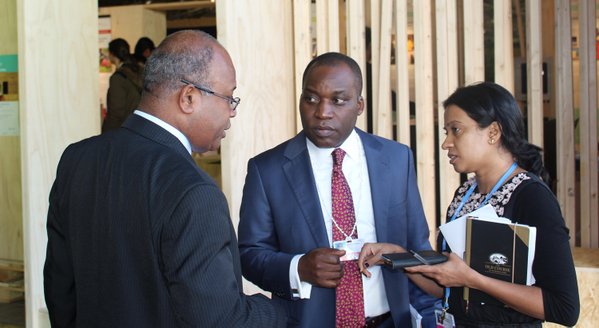One of the Principles of Climate Justice is concerned with participatory decision-making because the opportunity to participate in decision-making processes which are fair, accountable, open and corruption-free is essential to the growth of a culture of climate justice. Climate justice demands that the voices of the most vulnerable to climate change are heard and acted upon, particularly in decision-making fora such as the UNFCCC.
Have you ever thought about the challenges facing a climate negotiator in the UNFCCC? Spending long days and late nights locked in talks to seek solutions to the existential threat of climate change. The negotiations are inherently political and the solutions must balance the urgent global need for action with the sovereign interests of their people and their country.
Then, have you ever considered the additional challenges that confront negotiators representing poorer countries? With scant resources and a relatively small team they endeavour to negotiate a fair deal despite being at a great disadvantage when compared to a large delegation from developed countries.
To better understand these challenges, the International Institute for Environment and Development (IIED), supported by the Mary Robinson Foundation – Climate Justice, accompanied Angolan negotiator and chair of the Least Developed Country Group, Giza Gasper Martins at the historic climate negotiations in Paris last December. To see what they found out follow http://www.iied.org/climate-negotiator


